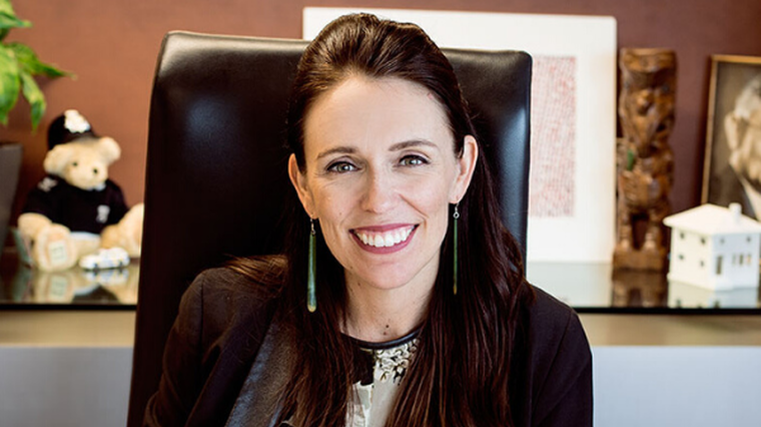Markets set to suffer further in pandemic

New Zealand’s main stock index may be in for a rough ride because of the coronavirus outbreak, but an expert is tipping it to fare better than many other international markets.
The NZX50 suffered its biggest drop since 1987 when it was down 7.8 per cent by mid-morning on March 13, with major stocks such as Auckland Airport, Infratil and Fisher & Paykel Healthcare copping double-digit falls.
Although the COVID-19 outbreak appears to be under control in China and Korea, it is predicted there will be little respite for markets until the numbers of new cases in Europe and the US are clearly past their peak, the NBR reports.
Further share market falls are expected this week as concerns grow about the pandemic and governments impose further restrictions in a bid to minimise its spread.
Mark Lister, head of private wealth sector at Craigs Investment Partners, says he thinks markets will remain nervous until there is some certainty about when the outbreak will end.
He adds that the New Zealand market has fared better than many bigger markets because of its lack of energy and financial stocks that are more volatile and the range of property, healthcare, utilities and infrastructure stocks that are more resilient.
Global action
Elsewhere, the US Federal Reserve has cut rates back to near zero, restarted bond buying and launched other measures from its crisis-era toolkit to help the world economy.
The Fed has also encouraged banks to use the trillions of dollars in equity and liquid assets built up as capital buffers since the financial crisis to lend to business and households whose balance sheets and lives have been upended by the virus, reports Reuters.
Along with five major foreign central banks, it also cut pricing on swap lines to make it easier to provide dollars to financial institutions.
The Fed had already cut interest rates by half a percentage point on March 3 at an emergency meeting.
Travel restrictions
Prime Minister Jacinda Ardern has brought in tough measures meaning everyone arriving in the country now has to self-isolate for 14 days.
The tighter border controls came into force on March 16 and will include more “spot checks” on those in self-isolation.
Ardern, pictured above, explains while 10,000 people had self-isolated successfully without needing strict enforcement, public health officials and police could use quarantine powers to compel people to self-isolate.
People entering the country now need to complete a border entry form and will have to speak with a nurse who will explain the self-isolating requirements. They will then receive calls from Healthline to ensure they are self-isolating.
The Prime Minister adds that self-isolation does not mean you cannot go outside but was about minimising contact with others and staying mostly at home.





